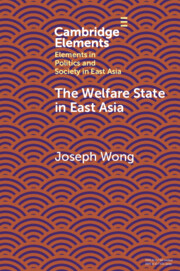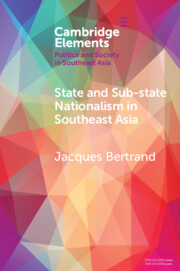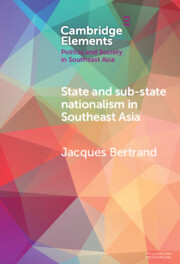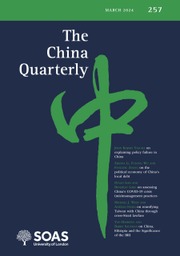The Welfare State in East Asia
During the postwar period, Japan, Taiwan and South Korea emerged as industrial and democratic exemplars in the East Asia region. A less well-known story is of their equally remarkable achievements in social policy reform and the formation of welfare states. Section 1 of the Element provides an overview of welfare state deepening in Japan, Taiwan and Korea and an account of why and how the developmental states institutionalized the social insurance model. Section 2 examines the drivers of social welfare universalization in Japan, Taiwan and Korea, notably the importance of democratization. Section 3 focuses on emerging challenges to the East Asian welfare state and how it has adapted. Though Japan, South Korea and Taiwan evolved their welfare states in a distinctive way historically, the current challenges they face and their responses have converged with other developed, post-industrial democracies.
Product details
February 2025Paperback
9781108814799
82 pages
229 × 152 × 4 mm
0.133kg
Available
Table of Contents
- Introduction
- 1. The Developmental State and Social Policy
- 2. Democratization and Social Welfare
- 3. Adaptation for the Twenty-First Century
- Conclusion: Exceptionalism to Universalism.










